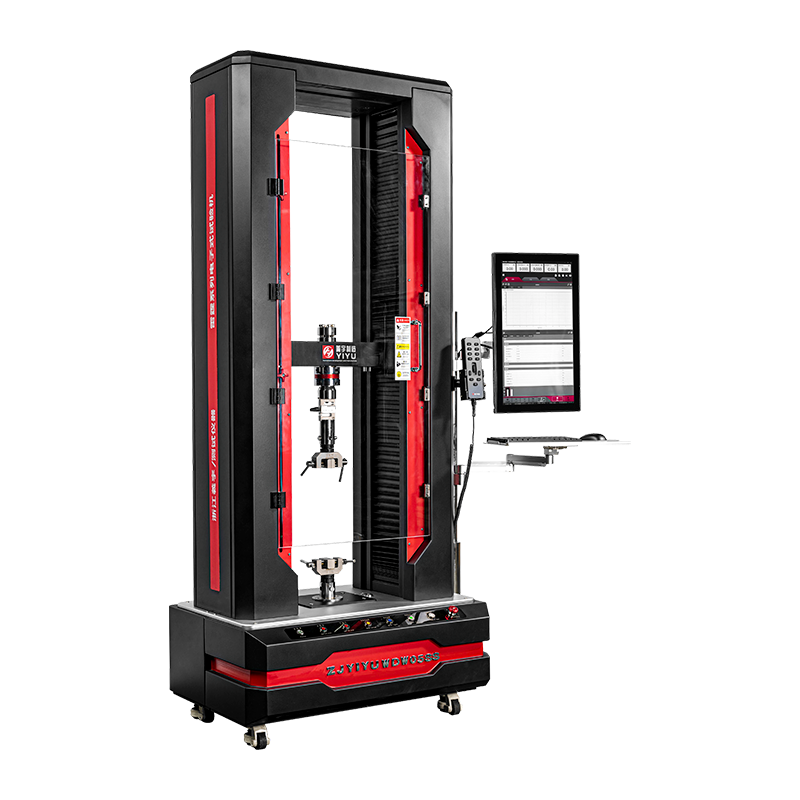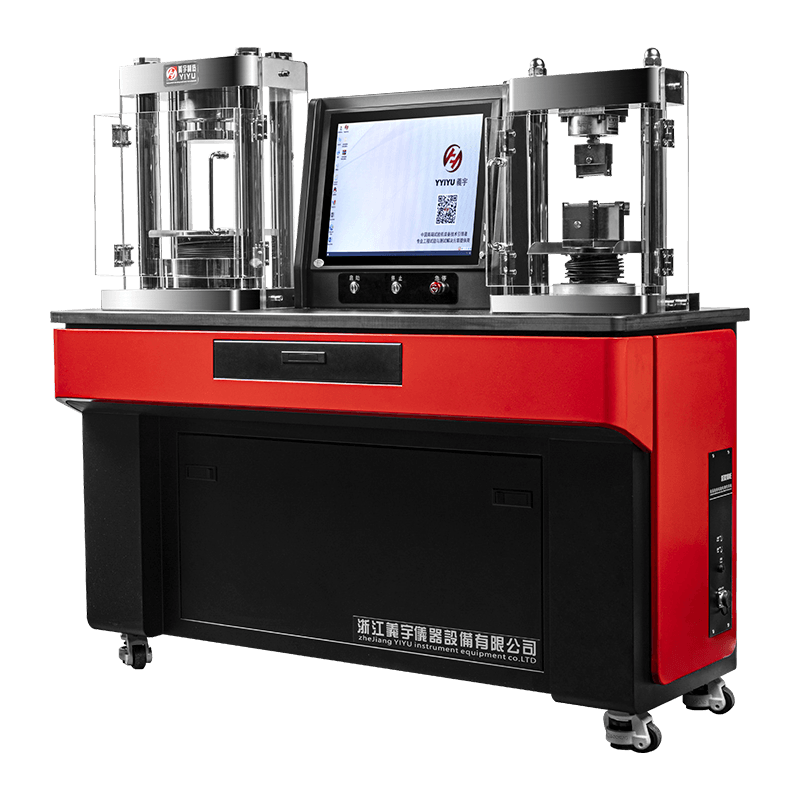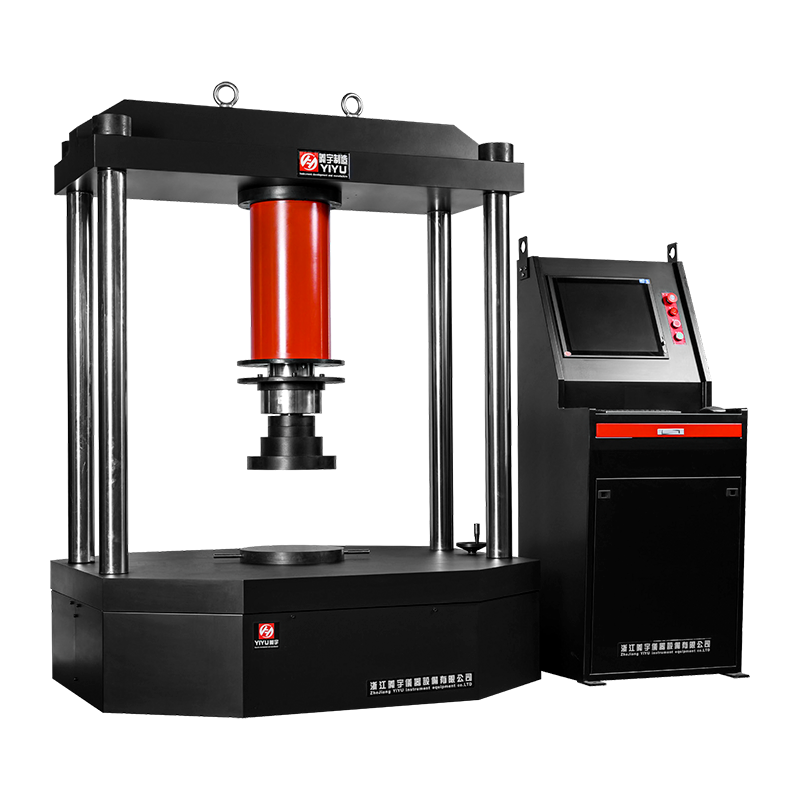In construction, ensuring structural integrity is vital for safety and longevity. The materials used to build a structure must withstand considerable forces over their lifespan, which is why compression testing machines (CTMs) are indispensable. These machines test the compressive strength of materials like concrete, masonry, and steel—key components of most construction projects. Accurate testing ensures that the materials used can handle the loads they’ll face, providing peace of mind for engineers and construction professionals alike.
What is a Compression Testing Machine?
A Compression Testing Machine (CTM) is a laboratory device used to apply compressive force to materials to evaluate their strength and ability to withstand pressure before they fail. The machine applies increasing loads to a material sample—like concrete, metal, or brick—until it deforms or breaks. It measures the compressive strength, failure point, and other important data related to material performance.
CTMs are equipped with:
-
Upper and lower platens to hold and compress the material.
-
A hydraulic or electromechanical system to apply pressure.
-
Sensors that measure force and deformation during testing.
-
Data recording systems that provide results on the material’s maximum strength and failure characteristics.
In construction, testing materials like concrete and masonry is essential, as they will be subject to the weight and stress of the structure over time. Compression testing machines help ensure these materials meet required strength standards, providing the data necessary to make safe material choices.
Why Compression Testing is Crucial for Construction Projects
Ensuring Concrete Strength for Safe Construction
Concrete is a cornerstone of modern construction. It’s used in foundations, beams, walls, and more, meaning its compressive strength directly impacts the safety and stability of a structure. Concrete can sometimes have weak spots or fail to meet strength requirements due to poor mix design, inadequate curing, or external contamination.
By testing concrete using a compression testing machine, engineers can determine its load-bearing capacity, which is crucial for ensuring that foundations and structural elements can support the weight of the building over time.
Why is this crucial?
-
It ensures that foundations, columns, and slabs won’t buckle or crack under pressure.
-
It helps comply with building codes that set required strength standards for materials.
-
Early detection of weak concrete batches helps prevent the use of substandard material, ensuring safety throughout the building process.
In short, compression testing guarantees the structural reliability of concrete components, preventing future failures or costly repairs.
Verifying the Strength of Masonry Materials
Masonry materials like bricks, blocks, and stone also undergo compression testing to ensure their ability to withstand pressure. The compressive strength of masonry is especially important because these materials are often used for load-bearing walls, supports, and facades.
Without testing, there’s a risk that masonry elements will fail under pressure, resulting in cracking, buckling, or collapse. By performing compression tests, engineers can ensure that the masonry materials used will:
-
Perform optimally when subjected to heavy loads.
-
Meet the required strength standards.
-
Maintain their integrity over time.
For masonry structures, such as brick walls and stone columns, compression testing helps guarantee that the materials will hold up under the constant stress they encounter.
Preventing Material Failures in Steel and Other Components
In addition to concrete and masonry, steel is a vital material in many construction projects. Structural steel is often tested to ensure it can withstand both compression and tension. For example, steel beams, which are often used for supporting heavy loads, need to meet strict strength requirements to prevent bending, warping, or buckling under pressure.
Why is compression testing important here?
-
It ensures that steel components can handle the weight and stress placed on them, especially in high-rise buildings, bridges, and industrial structures.
-
Testing can help engineers determine the fatigue limit of materials, preventing potential failure due to cyclic loading.
Compression testing isn’t limited to concrete and steel; other materials like wood and composites can also be tested to ensure they meet the necessary strength and durability requirements for construction.
How Compression Testing Machines Improve Efficiency in Construction
Time and Cost Efficiency
By conducting compression tests on construction materials before they are used, engineers can identify substandard materials early, saving both time and money in the long run. Subpar materials can lead to delays, repairs, and safety issues, which all contribute to cost overruns.
Without compression testing, engineers would be left guessing about the quality of materials, risking potential material failures that could halt construction and lead to expensive rework.
-
Early testing of concrete, steel, and masonry ensures that only materials that meet standards are used in construction.
-
Efficient material management helps engineers avoid unnecessary delays and costs.
By testing materials in the early stages, builders ensure that the construction process moves smoothly, without the need for costly rework or repairs.
Preventing Delays and Risks from Material Failures
Construction projects can be derailed by unexpected material failures that occur later in the construction process. If the strength of a material isn't thoroughly tested and verified, weak points can go unnoticed, leading to delays when issues are discovered. Compression testing machines allow engineers to verify the quality of materials before they are used, mitigating the risk of structural failure.
Some key advantages of compression testing in terms of efficiency include:
-
Ensuring that materials meet quality standards right from the start, minimizing the chance of failure later.
-
Verifying that materials used will perform under stress without needing costly repairs or redesigns.
For example, if an entire batch of concrete is substandard, discovering this too late could cause delays and require the replacement of large amounts of material. By testing the concrete beforehand, engineers can prevent this scenario and keep the project on track.
Ensuring Long-Term Durability and Performance
In addition to immediate construction goals, compression testing machines provide valuable insights into how materials will perform over time. With results from compression tests, engineers can predict how materials will endure environmental factors such as moisture, temperature variations, and wear and tear.
Compression testing improves long-term project efficiency by ensuring that the materials selected will last throughout the lifetime of the structure, reducing the need for costly repairs or replacements down the road.
-
Long-term durability prevents unexpected costs for repairs.
-
Compression testing ensures that materials will withstand external pressures, such as seismic activity, wind, and traffic loads.
By understanding how materials will behave under long-term stress, engineers can design and build structures that are more durable and efficient over time.






